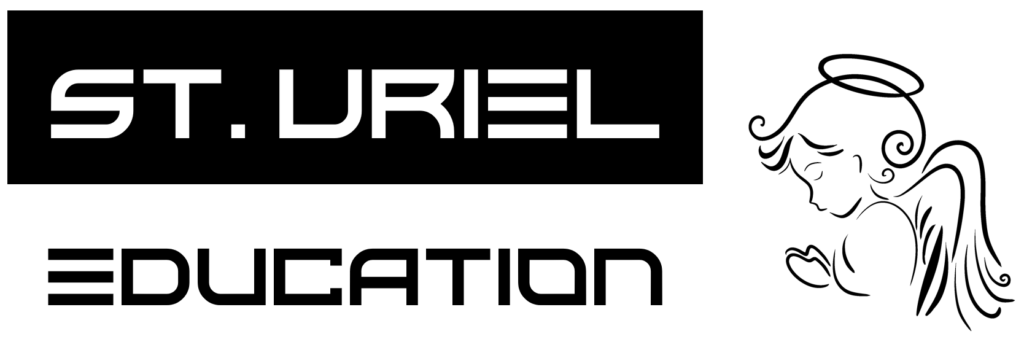Have you ever had a conversation with a student that went like this?
Student: “Mr. Byrne, Google has nothing on my topic.”
Mr. Byrne: “What is your topic?”
Student: “The Civil War.”
Mr. Byrne: “Are you sure that Google has nothing about the Civil War?”
Student: “Well I looked at a bunch of links, but they didn’t say anything about what I was looking for.”
If you have had a conversation like the one above then you have experienced one of the flaws of the digital native concept. Yes, most students today do know how to navigate to Google.com and enter a search term. But that just proves that they can remember a web address and use a keyboard. Increasingly, due to the proliferation of voice commands on mobile phones, it doesn’t even mean that they can use keyboards. Typing or speaking a query into a search engine isn’t difficult. Knowing which terms to type, which type of resources to search for, and how to discern the good from the bad are the skills that search requires.
Those of us who grew up without ubiquitous access to the Internet remember searching through libraries to find one good book on the topic we were researching. Then diving into the bibliography to hopefully find more resources that we could track down through an interlibrary loan or by making phone calls and driving to libraries far away to find a good reference. The process was long in part because of the time it took to locate resources. And it was long due to the fact that when we did find good resources, we pored over them to squeeze everything we could from them. Whether we knew it or not, the length of the process was good for us as it provided more time for thinking, asking more questions, and analyzing what we did know. Unfortunately, all three of those things are often shortcut by students when they rely on just typing things into Google.
Researching is a thinking skill. It requires that the student first state what it is he or she is trying to determine. Without a clear purpose for the research, students will simply click around the web hoping to find “something useful.” That’s why years ago I developed a pre-search checklist for students to complete before embarking on a research project. A copy of that pre-search checklist is available for free at http://bit.ly/presearch17.
